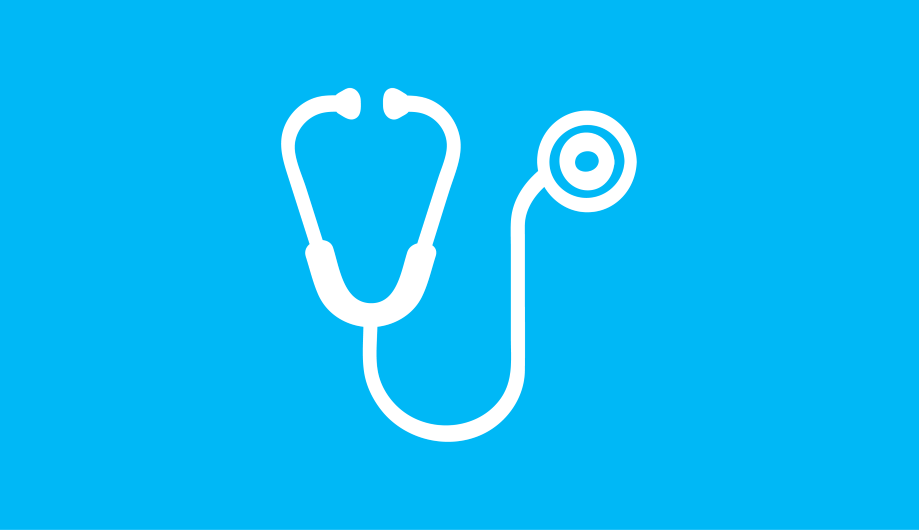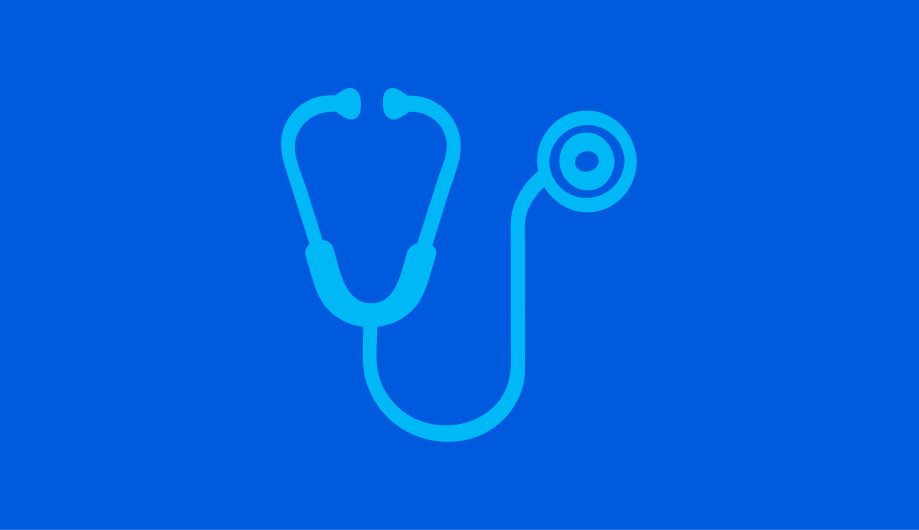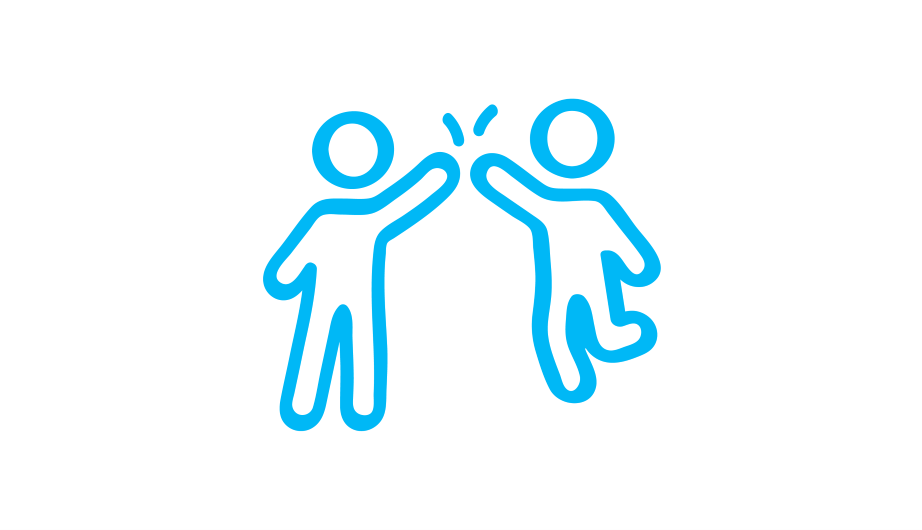
Accessing dental care
Topic page providing information on some things you can do that might make visits to the dentist easier, for you and your relative, including planning reasonable adjustments and capacity to consent to treatment.

This topic sheet addresses problems accessing health appointments and how health professionals can make things easier.
If your family member displays challenging behaviour, you might find it difficult to book or get to healthcare appointments, to get tests done or even to get the treatment your relative needs. The difficulties may be because your relative cannot tell you how they feel or finds it hard to cope with new places, new people or with waiting. If healthcare staff don’t understand or respect people with learning disabilities, or if the health service is inflexible, then getting healthcare can be even harder. Here are some of the things you can do to make things easier:
Read some of the stories from our families

Topic page providing information on some things you can do that might make visits to the dentist easier, for you and your relative, including planning reasonable adjustments and capacity to consent to treatment.

Topic page with information on making decisions about healthcare if your relative is unable to consent and where you can go to find out more.

Children and adults with learning disabilities are at least as likely to have a mental health problem as the general population. Quick read guide with a complete information sheet available to download.